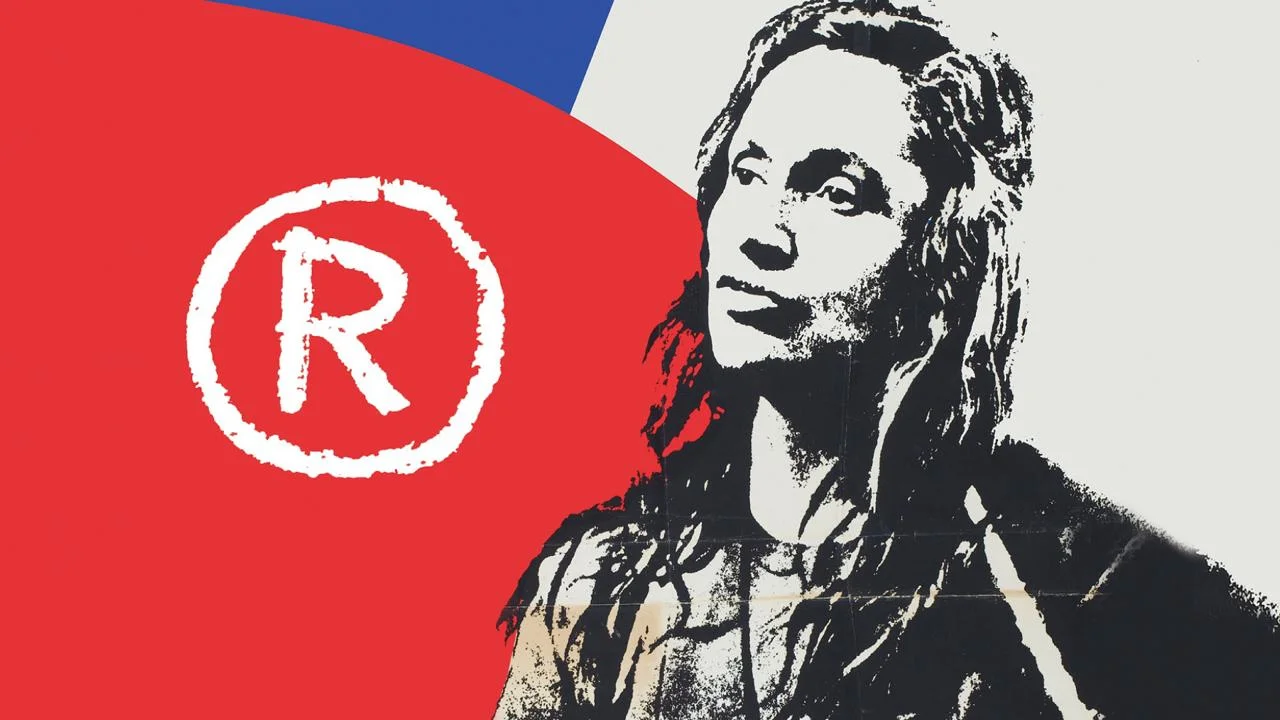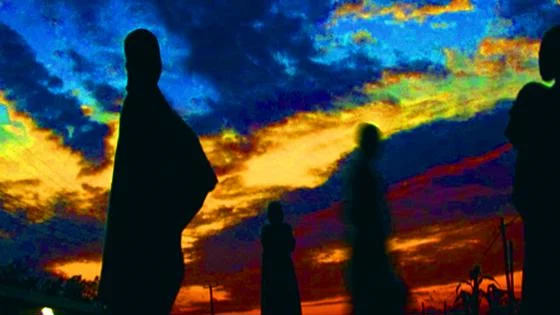Resistance, rights and refuge: the importance of memory 50 years after the Chilean coup

Contents
On 11 September 1973 a group of military officers, led by General Augusto Pinochet, forcibly seized power from the Popular Unity government in Chile, bringing an end to decades of constitutional democracy in the country.
The leader of the Popular Unity government, President Salvador Allende, died in the coup, which is often described by historians as one of the most violent events in Chilean history. What followed was a brutal 17-year military dictatorship led by General Pinochet and the death, imprisonment and torture of tens of thousands of Chilean civilians and democracy activists.
The fall of the Popular Unity government and the ensuing dictatorship sent shockwaves around the world, including Britain, which became home to over 3,000 Chilean refugees and a site of solidarity.
There is a worrying trend towards rehabilitating the memory of the dictatorship in Chile.
The British solidarity movement
"What happened in Chile touched a particular nerve across a wide sector of British society as the coup overturned a very progressive democratic government," explains Dr Tanya Harmer. A specialist on the Cold War in Latin America, Dr Harmer is hosting an exhibition at LSE Library from September to December 2023 reflecting on the response to the coup in Britain.
"Many in Britain had been very interested in the Popular Unity experience in Chile and saw it as a potential model to follow," she says. "The coup was such a clear-cut case of a democratic government and mandate being overturned violently, it evoked strong solidarity and support from broad sectors of the British population including religious groups, students, trade unionists and political parties."
The breadth and creativity of strategies used to campaign for solidarity in Britain were astounding and ranged from mass demonstrations in London and British families taking Chilean refugees into their homes to packed out concerts by Chilean musicians at the Royal Albert Hall and the blocking of UK ports to prevent Chilean military ships from docking. In the Rolls Royce factory in East Kilbride, workers held hostage a hawker fighter jet used by the Pinochet regime.
Strength and connection
"The activism around Chile was very inspiring but what has also emerged from talking to British people involved was that, yes, the endpoint was to bring down the dictatorship, but people also got a lot of strength from their involvement in the solidarity campaign. Activists have told me they learnt about British politics through their work for Chile. Others have stories of meeting lifelong friends or partners through it," Dr Harmer says.
This solidarity is well-documented in the Resistance, Rights and Refuge: Britain and Chile, 50 years after the Chilean coup exhibition in LSE Library, curated by Dr Harmer in collaboration with the Chilean community in Britain, and in particular through her close partnership with Gloria Miqueles, a Chilean living in London who arrived as an exile in 1977. Now retired, Gloria has worked with archivist Paul Dudman at the Living Refugee Archive at the University of East London to establish a new "Documenting Chile" collection comprising donations from the Chilean diaspora in Britain.
As well as showcasing numerous posters and some campaigning materials from this collection, the exhibition includes material from LSE archives such as the Women’s Library and contains a section on cultural resistance, showcasing the way music was used to mobilise people. Visitors will be able to scan QR codes at the exhibition linking them to a website where they can listen to music featured and watch documentaries as well as video testimonies from those affected.
With the rise of far-right anti-democratic movements across Europe and in Latin America, it’s very important to remember what it was like to live under a dictatorship and to have to fight for democracy
Another section focuses on human rights and documents the larger discussion Chile prompted on rights in the UK, including LGBTQ rights, women’s rights and democratic rights. The exhibition even includes LSE Student Union minutes and some articles from LSE student newspaper, The Beaver, reporting on solidarity activities on campus led by the LSE Chile support group who organised a week of events in 1975.
Alongside the exhibition, a three-day conference will take place at LSE from 20 to 22 October 2023. Open to the public, the event will explore the legacies of the coup and the lessons that can be drawn when it comes to building resistance to authoritarianism and oppression, campaigning for rights and offering refuge to those fleeing persecution.
The importance of memory in ensuring we don’t whitewash the past
Dr Harmer wanted to organise the exhibition to celebrate 50 years of British solidarity with Chile and Chileans’ contribution to Britain, but she also hopes to encourage visitors to remember the broader significance of the anniversary.
"It’s very important to mark the date of the coup and think about why Chile inspired such broad-based solidarity, activism and mobilisation. Currently, there is a worrying trend towards rehabilitating the memory of the dictatorship in Chile. Polls today suggest 36 per cent of Chile’s population believe the coup was a good thing up from 16 per cent ten years ago. With the rise of far-right anti-democratic movements across Europe and in Latin America, it’s very important to remember what it was like to live under a dictatorship and to have to fight for democracy."
Through personal stories, the exhibition highlights the reality of the violence committed under Pinochet’s dictatorship not just through numbers and statistics but the harrowing stories of real people who suffered.
For those who lived through the Pinochet period and for their children, these experiences have marked their lives significantly. However, for those in Chile who weren’t necessarily victims or supporters of the regime, let alone the wider British public, its significance has faded. "There is a sense of amnesia and lack of understanding of what the dictatorship was and there’s very little taught in schools about the dictatorship. The early democratic governments after the transition to democracy in the 1990s tried to move on and not look back," explains Dr Harmer.
"Moving forwards, there is a need to educate and inform the younger population, in Chile but also in Britain and around the world, on the reality of what happened to really underline the notion of ‘never again’ and the dangers of sympathising with or embracing anti-democratic principles and ideas."
Dr Tanya Harmer was speaking to Charlotte Kelloway, Media Relations Manager at LSE.
Download a PDF version of this article




